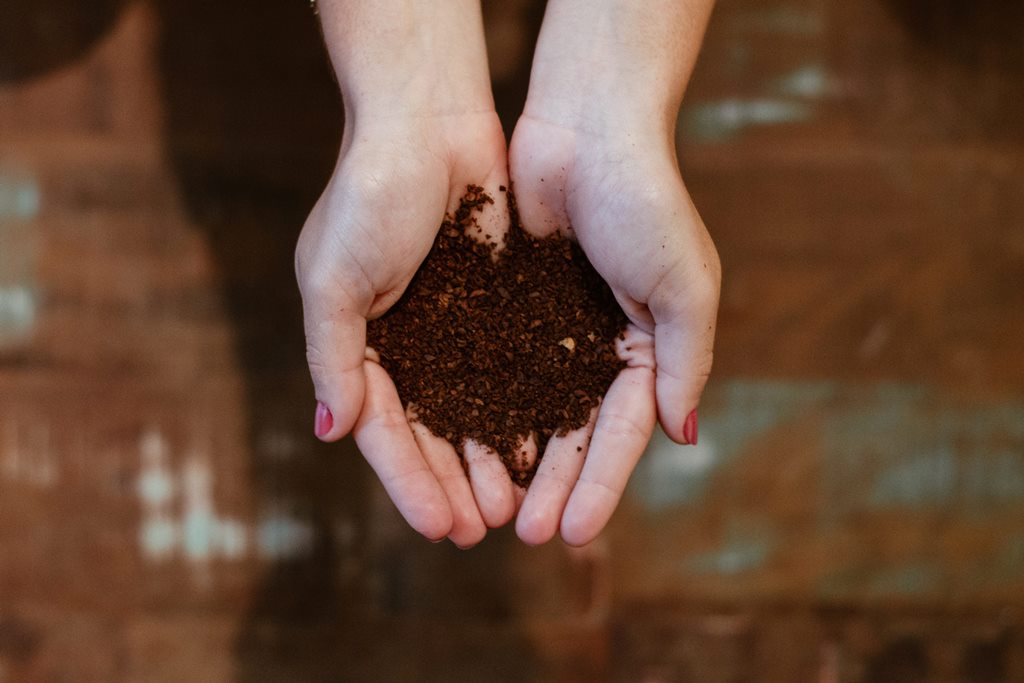With a looming global financial crisis, a universal cause of concern is when the definite spike in food prices will hit us all over the world. With many facing uncertain futures in the workforce, families are looking for ways to cut back on excess spending and to prevent unnecessary wastage.
One of the easiest ways of doing so is to grow your own produce such as vegetables, herbs, and even certain fruit! But before you can do that, it’s important to learn a key factor in determining the success of a homemade garden, which is composting.
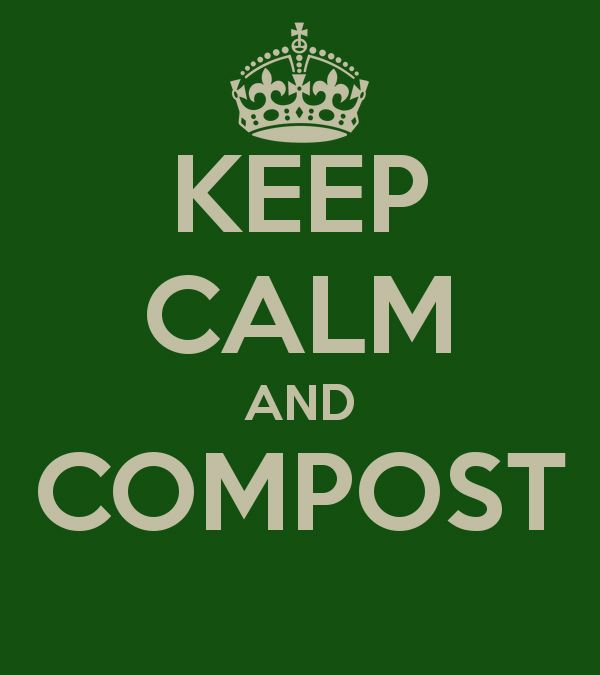
What is Compost?
For the uninitiated, compost consists of organic material (fertilizer) that’s added to soil in order to produce healthy plant life without the addition of chemical pesticides. To make compost, all you will need to do is mix a variety of food scraps and other household bits and bobs that are normally used and discarded into our waste bins.
In fact, food scraps and other kinds of organic material make up almost 30% of household waste that end up in landfills, taking up space and releasing methane when they can be way more useful being turned into compost instead. After all, we’re well aware of the dangers of greenhouse gasses like methane by now. So composting isn’t only better for the environment, it’s the perfect DIY project that anyone can attempt in order to eat healthier, AND save money.
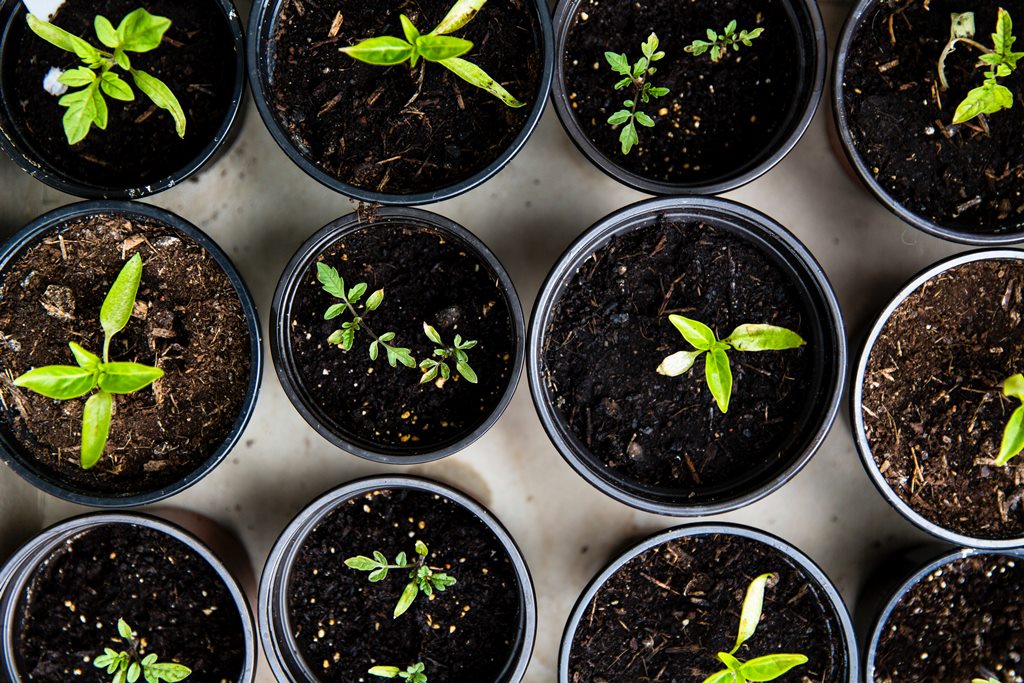
What are the Benefits of Composting?
- Promotes Recycling
As mentioned above, composting ensures that up to 30% of household waste doesn’t end up in landfills. It is also a great way to teach kids to be more environmentally conscious, and to get involved with chores. Most importantly, recycling food waste into compost helps you grow more food! - Produces Nutrient Rich Soil
Composting does wonders for planting as it enriches the soil, subdues plant diseases, keeps pests at bay, and retains essential moisture. Composting creates an organic component in soil called humus, that creates essential nutrients like nitrogen and carbon that help with plants with photosynthesis and healthy growth. - Develops Precious Microorganisms
Composting encourages the decomposition of organic material that produces valuable microorganisms such as bacteria, fungi, and protozoa. These microorganisms are crucial to help break down organic matter, and aerate the soil in order to create humus (a nutrient-rich material). Humus helps the composting process along by creating nitrogen which is a key nutrient that most plants need. - Reduces Dependency on Chemicals
Microorganisms produced through composting are effective enough to produce healthy plant life without the use of chemical fertilizers. Just like nature intended, growing your own food is much healthier if its chemical free. - Reduces Methane Emissions in Landfills
It is a common misconception that our organic waste will decompose naturally in landfills. While this is certainly true, the decomposition process of organic waste in landfills takes a much longer time, while releasing methane greenhouse gasses that contribute to air pollution. While that happens, all the essential nutrients from organic materials are wasted when they could be reused to help feed ourselves.
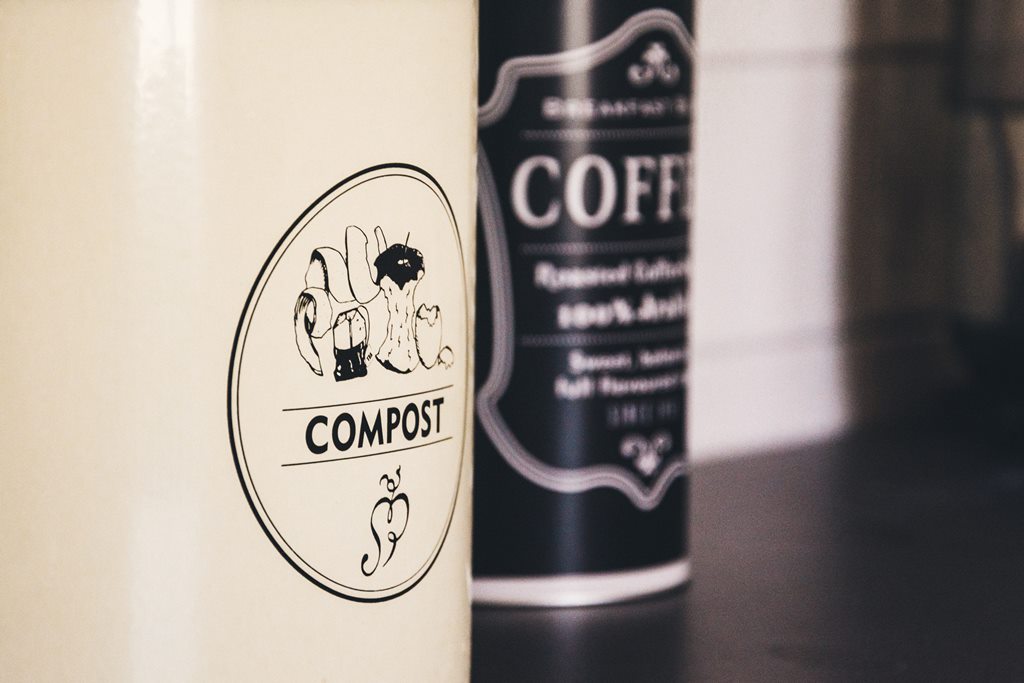
How to Compost
Ideally, making compost require basic materials that are labelled as browns, greens, and water.
Browns
• Leaves
• Twigs
• Branches
• Straw or hay
• Sawdust
• Corn stalks
• Paper products (newspaper, torn up cardboard, paper plates)
• Old clothes made from pure wool or cotton
Greens
• Grass clippings
• Coffee grounds / tea bags
• Plant or tree trimmings
• Eggshells
• Vegetable and fruit scraps
• Seaweed
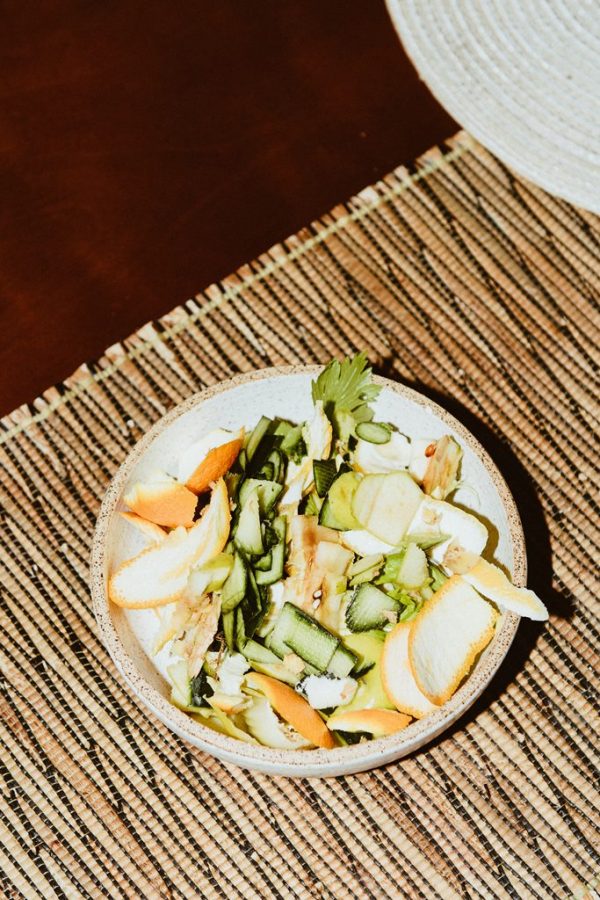
When arranging your compost, it’s important to make sure you have the right ratio of browns to greens. Green materials are nitrogen-rich, whereas brown ingredients are carbon-rich. Try keeping the ratio even to start off, alternating between brown and green layering.
Your compost pile will need green materials to cause the heating process, and brown materials to dispel any rotting odours. By observing, you will learn how to tweak your compost by adding greens if your compost isn’t heating properly, or browns if it’s starting to smell.
Adding the right amount of water and moisture is crucial for compost management, but be careful not to add too much!
Outdoor Composting
Your compost bin should sit in a dry and shady area that’s near a water source. All dry materials need to be moistened before adding them in, and remember to tear apart and shred any large pieces of brown or green material. The top covering of your compost bin will need to retain moisture in order for the process to work, so a tarp, canvas, or cloth covering will be needed. Outdoor composting will need up to two months before it’s ready to be used. Your compost is ready when the bottom turns a dark, rich colour and emits an earthy smell.
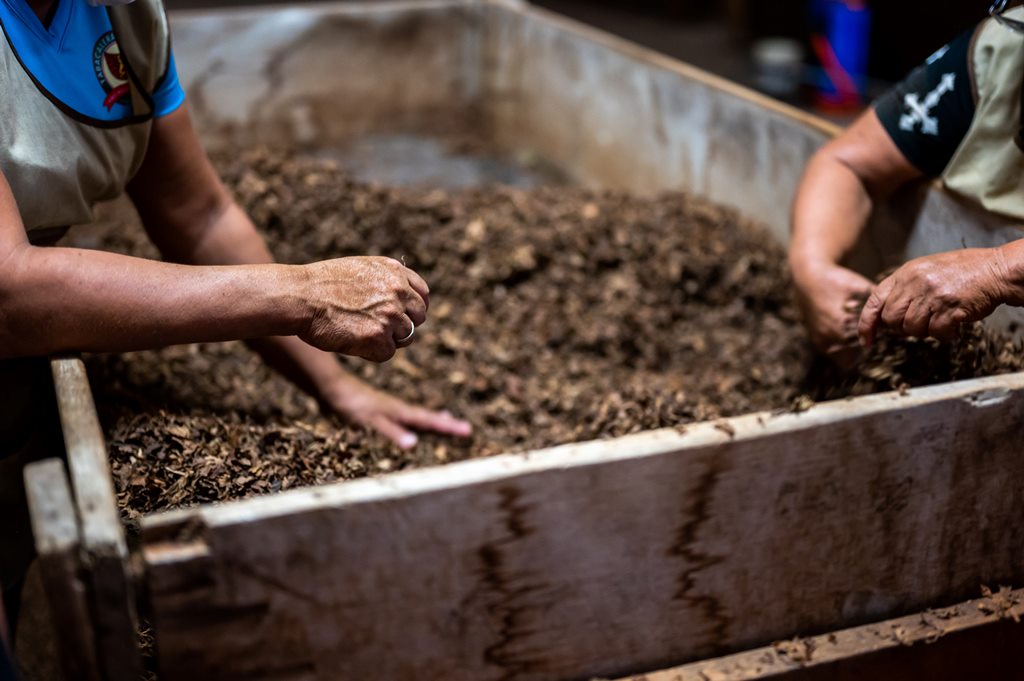
Indoor Composting
Indoor composting has a much faster processing time ranging anywhere between 2 – 5 weeks yielding a smaller amount that’s perfect for growing indoor plants. Keep a written track of how much browns and greens go into your compost pile. A properly managed compost bin will not attract pests and rodents. You can either make your own compost bin or order one from Lazada.
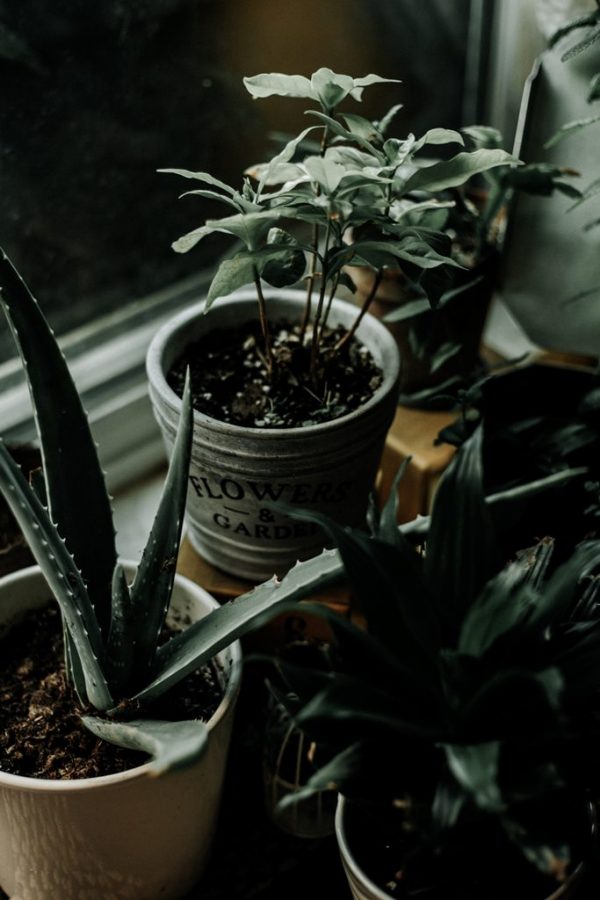
What Not to Compost
- Coal or charcoal ash
– Might contain substances harmful to plants - Dairy products (e.g., butter, milk, sour cream, yogurt) and eggs*
– Create odor problems and attract pests such as rodents and flies - Diseased or insect-ridden plants
– Diseases or insects might survive and be transferred back to other plants - Fats, grease, lard, or oils
– Create odor problems and attract pests such as rodents and flies - Meat or fish bones and scraps
– Create odor problems and attract pests such as rodents and flies - Pet waste such as dog and cat feces or cat litter
– Might contain parasites, bacteria, germs, pathogens, and viruses harmful to humans - Garden trimmings treated with chemical pesticides
– Might kill beneficial composting organisms
Recource credit: https://www.epa.gov/recycle/composting-home
You’re now on your way in reducing your carbon footprint, saving the environment, and money spent on food bills! Stay tuned to learn what kind of vegetables, herbs, and fruit you can grow with the help of natural composting.
"ExpatGo welcomes and encourages comments, input, and divergent opinions. However, we kindly request that you use suitable language in your comments, and refrain from any sort of personal attack, hate speech, or disparaging rhetoric. Comments not in line with this are subject to removal from the site. "


